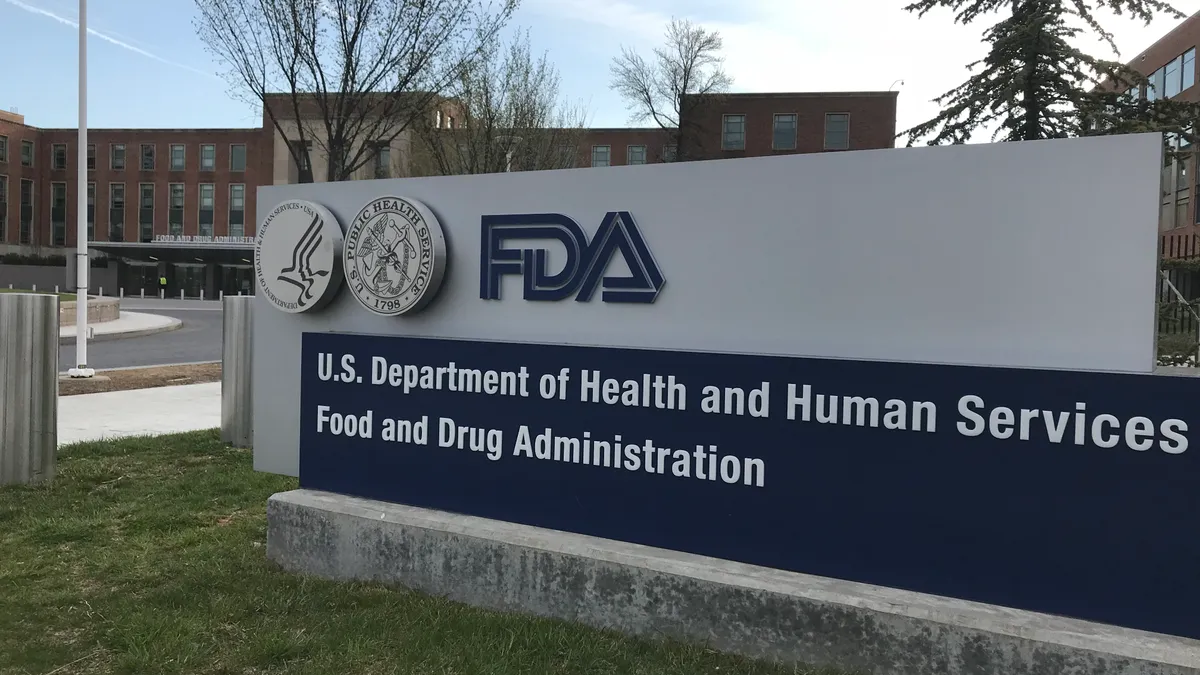Dive Brief:
-
FDA has authorized LabCorp’s COVID-19 test for use in the screening of people who have no reason to suspect they are infected with the coronavirus, the agency disclosed Friday.
-
It marks the first time regulators have cleared a test for the screening of asymptomatic populations. FDA said the EUA may enable screening programs to support the reopening of schools and workplaces.
- FDA disclosed the EUA alongside news that LabCorp can also now test pooled samples. The action comes one week after FDA OK’d Quest Diagnostics to pool samples and thereby test several people's samples using a single test.
Dive Insight:
Broad screening of asymptomatic populations is one way to enable people to sooner resume congregating indoors while mitigating the risk of viral transmission. The goal is to detect infected people before they pass the coronavirus on to others, thereby interrupting chains of transmission and stopping the pathogen from tearing through communities.
FDA Commissioner Stephen Hahn framed the LabCorp EUA as a positive for the spread of such practices, calling it a “a step toward the type of broad screening that may help enable the reopening of schools and workplaces” in a statement to disclose the authorization.
LabCorp secured the expanded EUA after sharing additional data with FDA. The analysis looked at 133 samples taken from asymptomatic people. Twenty of the samples were SARS-CoV-2-positive materials taken from asymptomatic people who were potentially exposed to the coronavirus.
FDA said the analysis showed “the test is as accurate in the broader asymptomatic population as it is among people suspected to have COVID-19.” LabCorp ran the 133 asymptomatic samples on another authorized assay to validate the results.
The expansion of the EUA to cover asymptomatic populations was one of two changes made by FDA. The agency also cleared LabCorp to pool samples taken from up to five people. Quest’s EUA supports the pooling of samples from up to four people.
Pooled testing traditionally entails retesting pools that come back positive to identify the sample that contains the virus. That approach reduces reagent use but is impractical at scale. LabCorp is using a different, matrix-based approach that enables it to identify COVID-19 cases without needing to retest pools that come back positive.
The revised EUA states the approach “increases lab efficiency by a factor of 2” if fewer than 6% of tested samples are positive. LabCorp is using liquid-handling robots to implement the approach. Pooling will increase testing capacity, LabCorp Diagnostics President Brian Caveney said in a statement. However, at the state level, about half of U.S. states have positivity rates greater than 6%, according to data tracked by Johns Hopkins University.











